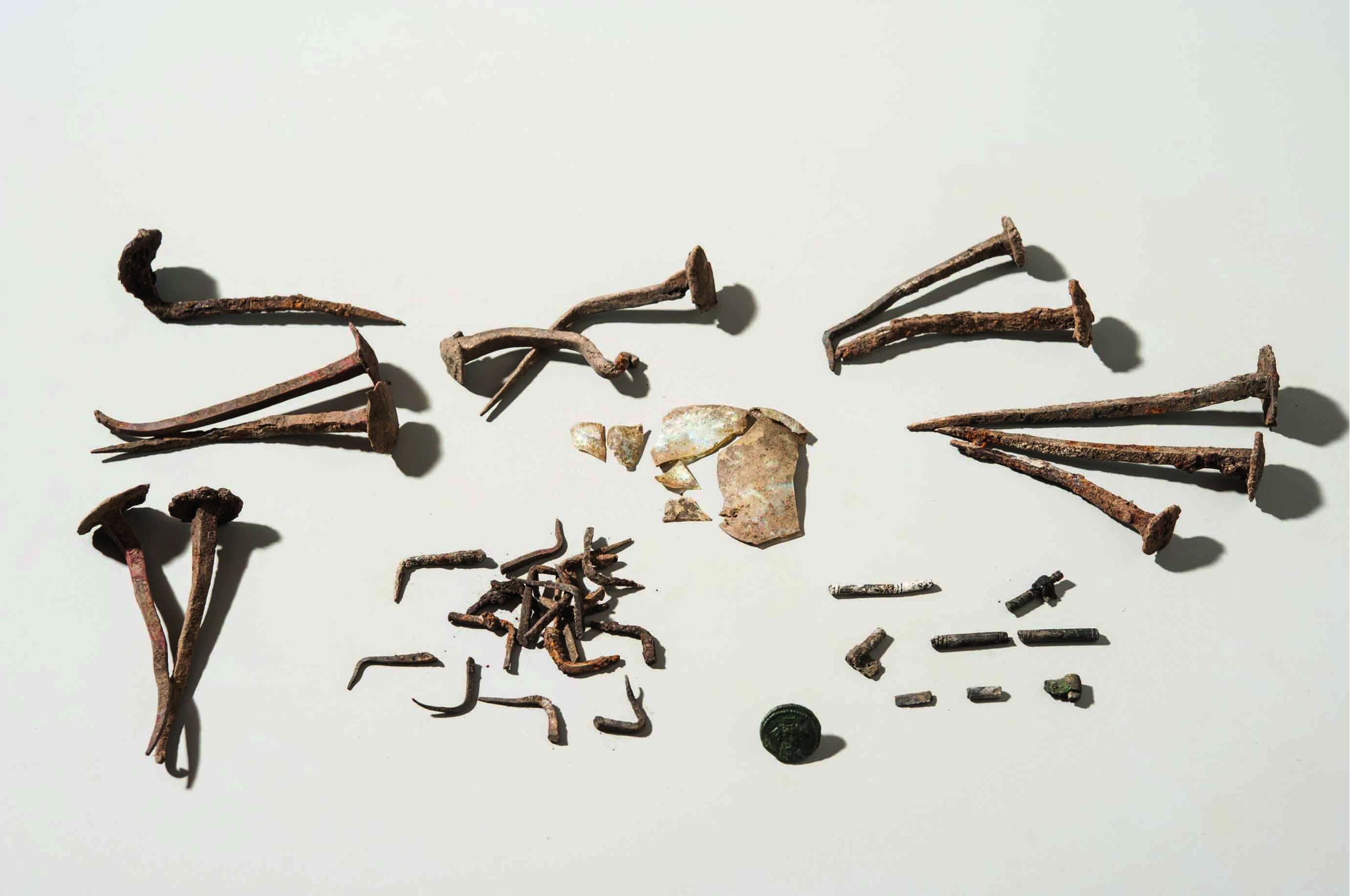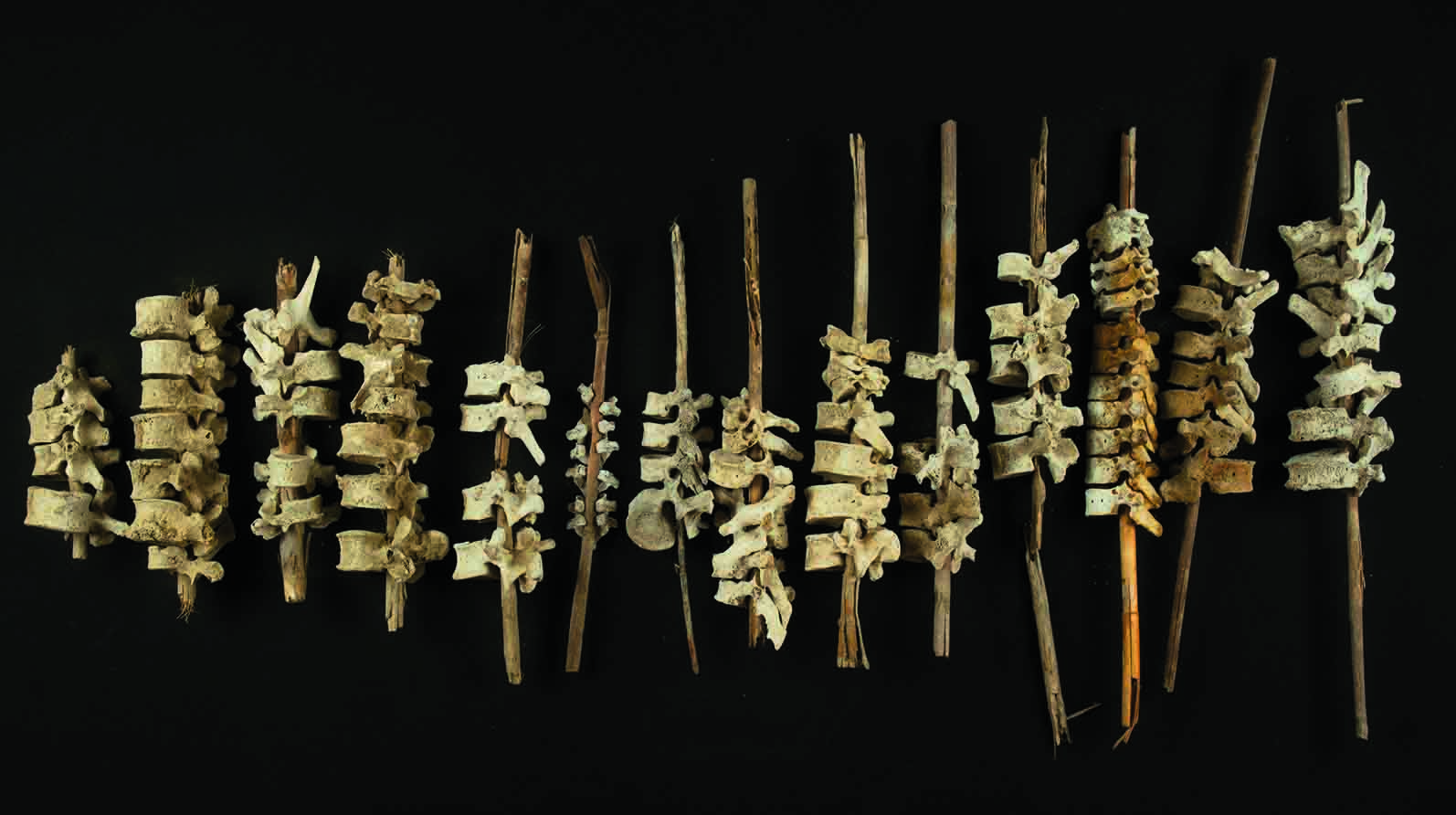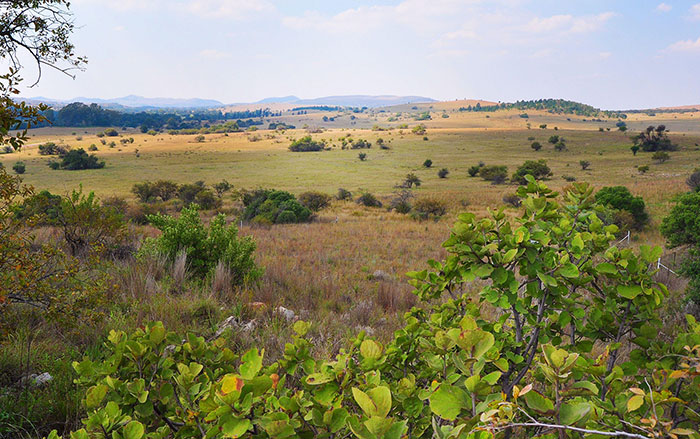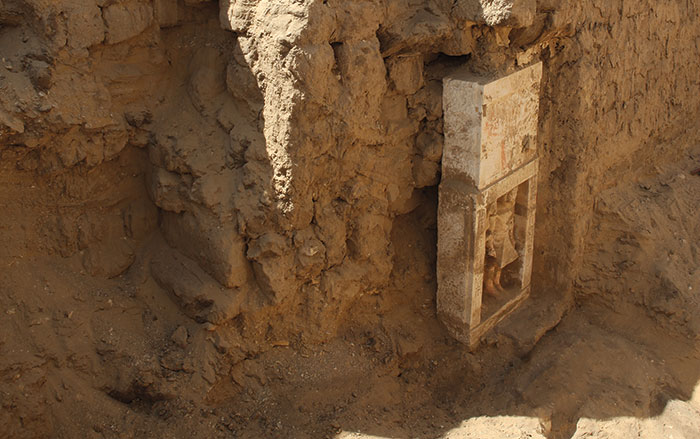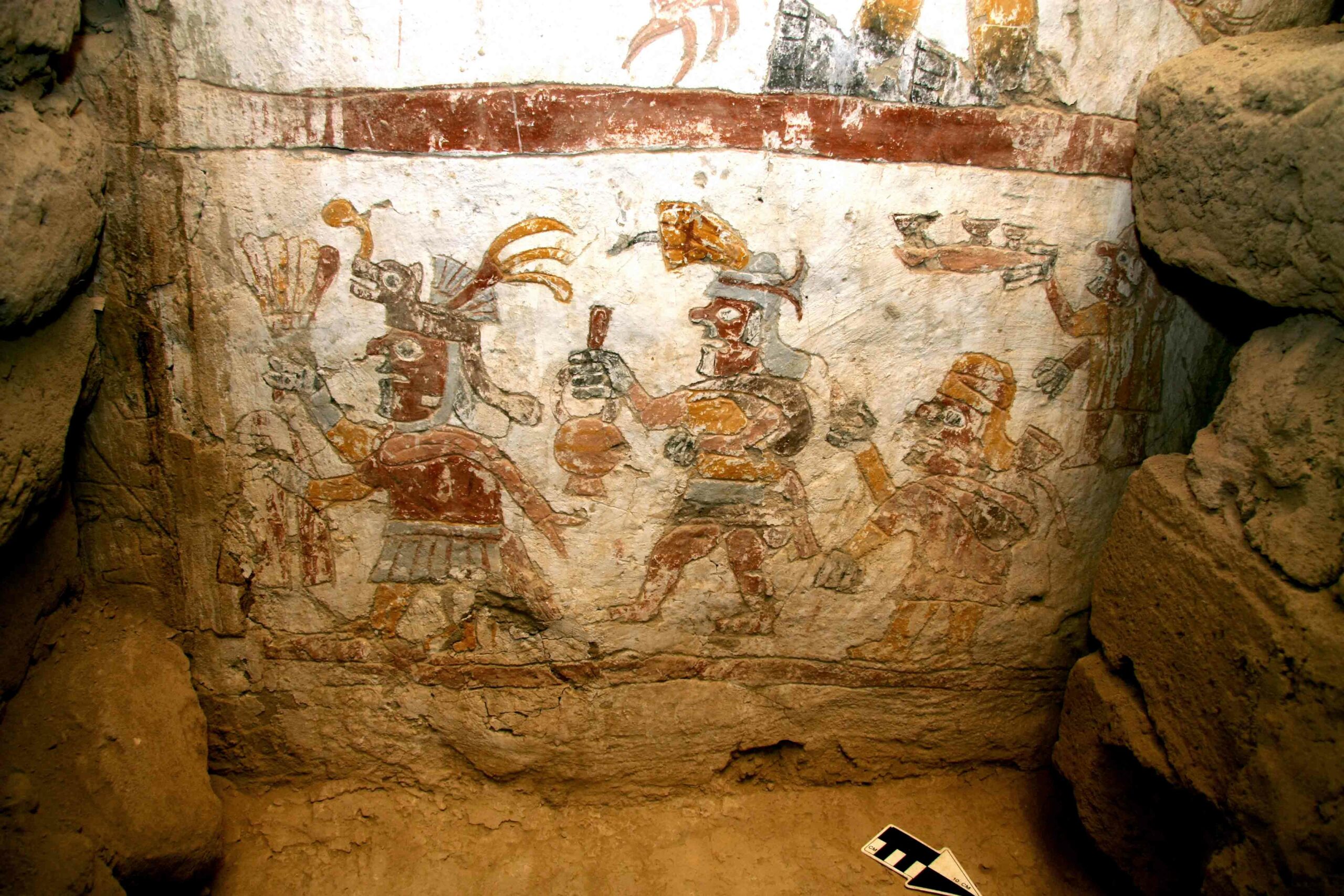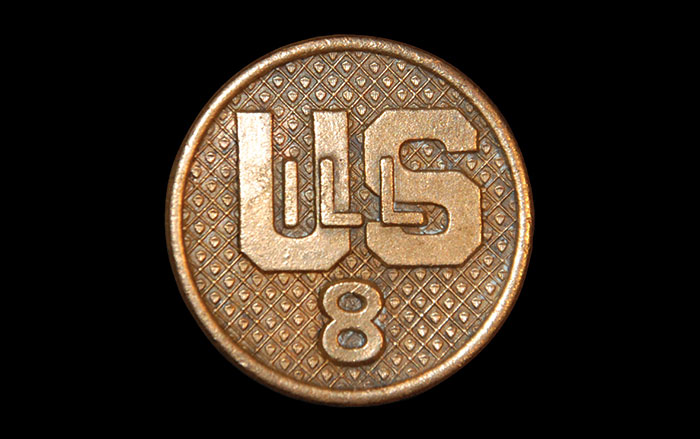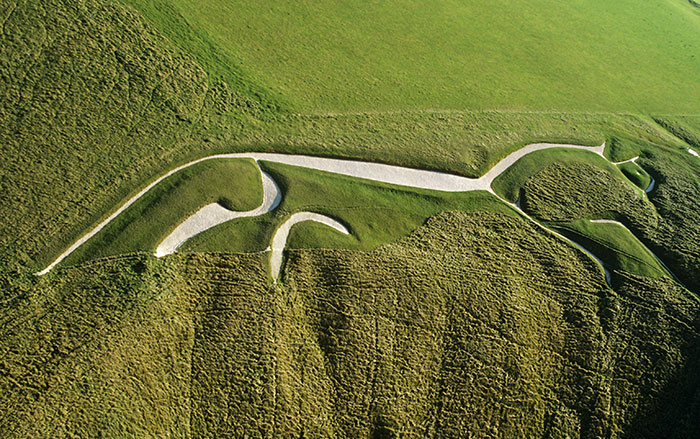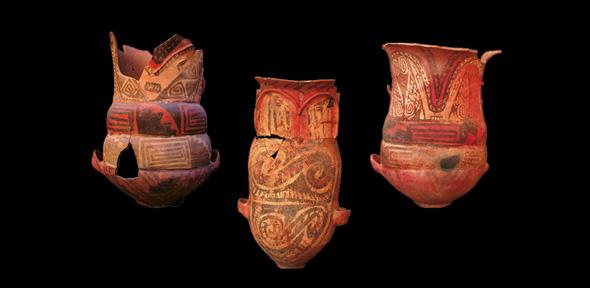
CAMBRIDGE, ENGLAND—Archaeologist Elizabeth DeMarrais of the University of Cambridge and her colleagues have been investigating the ruins of Borgatta, a city built in the Andes in what is now Argentina in the tenth century A.D. According to a report in the International Business Times, DeMarrais says the society at the site was governed by power sharing and decentralized networks, rather than a system of elite leaders and poorer citizens, which would be reflected in differences in diet and artifacts. But the team did not find any evidence of luxury artifacts. In fact, it appeared that most objects were made at home, in varying styles, with bone and stone tool kits, and not at specialist sites, such as a blacksmith’s shop. The archaeologists also uncovered painted urns in different styles that had been buried under the floors of the houses. These distinctive urns contained the remains of infants, and may have evoked shared emotions among the members of the community and strengthened their ties to each other. To read about another recent discovery in Argentina, go to “Andean Copper Age.”


